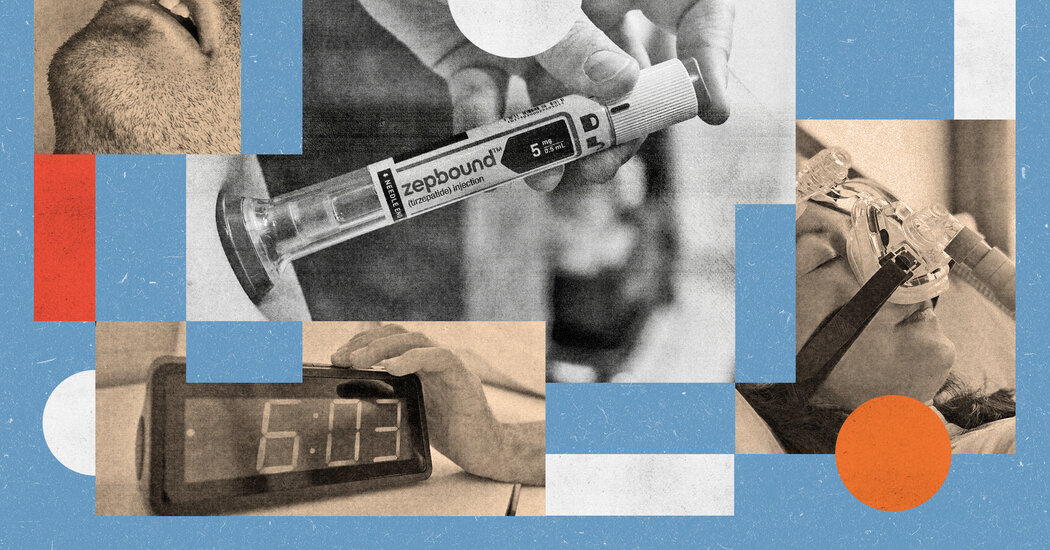Time: 2024-07-01
Obstructive sleep apnea, a common disorder, is often treated with CPAP machines. Eli Lilly and Company recently released the results of its obesity drug in sleep apnea patients, sparking a debate among experts on the future of CPAP machines. While some believe that Continuous Positive Airway Pressure (CPAP) machines are here to stay, others are questioning whether new medications like Zepbound could potentially reduce the need for CPAP therapy. Investors reacted swiftly to the news, with shares of leading CPAP maker ResMed dropping 11% and shares of nerve stimulator Inspire sinking 17%. This has led to industry analysts and clinical experts being split on whether this is a temporary panic or a sign of CPAPs decline.
Sue Clasen, a 49-year-old woman, struggled with managing her sleep apnea for years. Despite knowing that a CPAP machine could help her breathe through the night, she found the masks uncomfortable and struggled to fall asleep. However, since starting to take the anti-obesity medication Ozempic in February 2023, Clasen has experienced a significant improvement in her sleep apnea symptoms. She no longer snores, no longer needs to nap throughout the day, and has seen the worst of her sleep apnea symptoms vanish. This personal experience highlights the potential impact of anti-obesity medications on obstructive sleep apnea patients.

With more Americans suffering from obstructive sleep apnea, the most common form of the disorder, there is a growing interest in weight-loss drugs as a potential treatment option. The effectiveness of medications like Ozempic in improving sleep apnea symptoms raises questions about the future of CPAP machines and traditional therapies. While CPAP machines have long been the standard treatment for sleep apnea, the emergence of new medications could change the landscape of sleep apnea treatment in the coming years. As research continues to explore the relationship between obesity, sleep apnea, and medication, patients may have more options for managing their condition in the future.
The release of Eli Lilly's obesity drug results has sparked speculation within the industry about the future of CPAP machines and traditional sleep apnea treatments. While some experts believe that CPAP machines are still essential in treating sleep apnea, others see the potential for new medications to revolutionize treatment options. The mixed reactions from investors and analysts reflect the uncertainty surrounding the future of sleep apnea therapy. As research and development in the field of sleep medicine continue to advance, the landscape of sleep apnea treatment may undergo significant changes, offering hope for more effective and personalized solutions for patients.